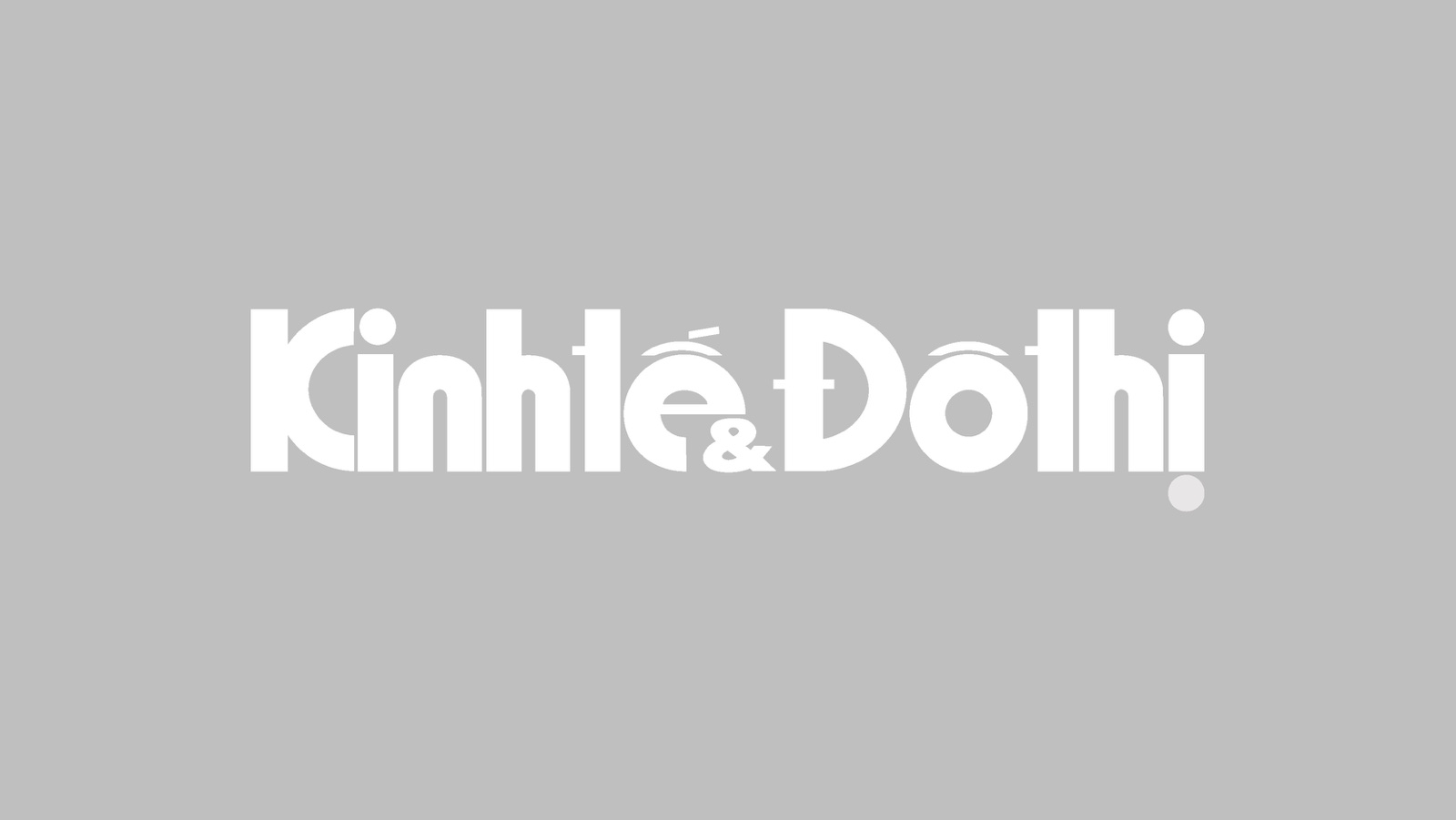Foreign manufacturers boost circular economy in Vietnam
Businesses in the field of fast-moving consumer goods (FMCG) have been the pioneers in transiting to a circular economy model.
Enterprises need to build a roadmap for circular strategy from a senior management perspective, following steps such as improvement in the production process, product and business model, Brendan Edgerton, Director of Circular Economy under the World Business Council for Sustainable Development (WBCSD) recommended.
| An overview of the workshop. Photo: VCCI |
Speaking at the circular economy-related workshop on October 14, Edgerton said about 8.6% of production volume in the world has been made following the circular model. If the enterprise lacks close supervision of this roadmap, the number of resources consumed by 2060 is estimated to double that of 2015. The circular economy is a model of using limited resources of water, energy, raw materials, and food towards efficiency, and higher value than the linear economy.
Sharing his views at the event, Nguyen Quang Vinh, the Vietnam Chamber of Commerce and Industry (VCCI)'s Secretary-General and Executive Vice President of the Vietnam Business Council for Sustainable Development (VBCSD) said the economy will achieve a closed cycle if all the industries and enterprises share information, and apply new business models, as well as combining supply chains.
“The enterprises will not need to consume a lot of resources to achieve a positive economic growth rate. Instead, the target could be attainable gaining positive environmental and social impacts to transform the production and consumption systems in a new direction that helps mitigate climate change, natural resource degradation, and inequality,” he said.
In Vietnam, foreign businesses operating in fast-moving consumer goods (FMCG) have been the pioneers in transiting to a circular economy model, though conversion in energy use has not been properly prioritized, according to the latest report conducted by VBCSD.
Among more than 100 surveyed enterprises in the food and non-alcoholic beverage industry, 90% of them have adopted a circular business model at different levels, focusing on the effective use of raw materials, infrastructure and packaging.
La Vie and Nestlé Vietnam, Nestlé Group’s members, are committed to implementing their plans to reduce the amount of virgin plastic in packaging, reducing plastic footprint on-site as well as to give initiatives to collect packaging of used products by 2025.
Fausto Tazzi, General Director of La Vie Company, said most products of the company are recyclable. Early this year, it became the first mineral water brand in Vietnam to use bottles made from recycled plastic (rPET) that meet packaging standards. It will encourage domestic enterprises to join the recycling production process.
Another foreign giant, Coca-Cola Company also aims to collect and recycle all the bottles or canes sold globally as well as to use recycled materials in at least 50% of its products by 2030.
Nguyen Thi Thu Hang, Director of External Communications and Sustainable Development at Coca-Cola Vietnam stated raising consumers' awareness about packaging collection and recycling is an important part of its “The world without waste” campaign.
Within the framework of the campaign, the beverage brand in collaboration with the Green Development Support Center (GreenHub) has rolled out the Plastic Action Network (PAN) since 2018 to improve recycling activities in localities and expand this model into domestic waste collection units and individuals. The project has been implemented in Ha Long Bay in the northern province of Quang Ninh’s Ha Long City and Can Gio District in Ho Chi Minh City.
Tazzi from La Vie believed that the extended producer responsibility (EPR) mechanism is an important tool in the circular economy model, motivating businesses to create a closed process from producing to recycling.
“Authorities need to create an equal environment for all stakeholders in the EPR model and make clear regulations, ensuring consistency from central to local levels. These are the necessary conditions for the EPR system to work properly,” he said.
Recently, a Market Study for Vietnam - Plastics Circularity Opportunities and Barriers released by the IFC-World Bank, found only 33% of the total 3.9 million tons of the commonly used plastics disposed of per year in Vietnam are recovered and recycled. The study estimates that 75% of the material value of plastics equivalent to $2.2 billion to $2.9 billion per year is lost to the economy.
Globally, up to 50% of marine plastic debris is contributed by single-use or short-use consumer packaging. The Covid-19 pandemic has exacerbated the situation due to the increased consumption of masks, sanitizer bottles, and packaging for online delivery.
The national action plan for the management of marine plastic litter by 2030 aims to reduce 75% of Vietnam’s marine plastic debris over the next 10 years.










